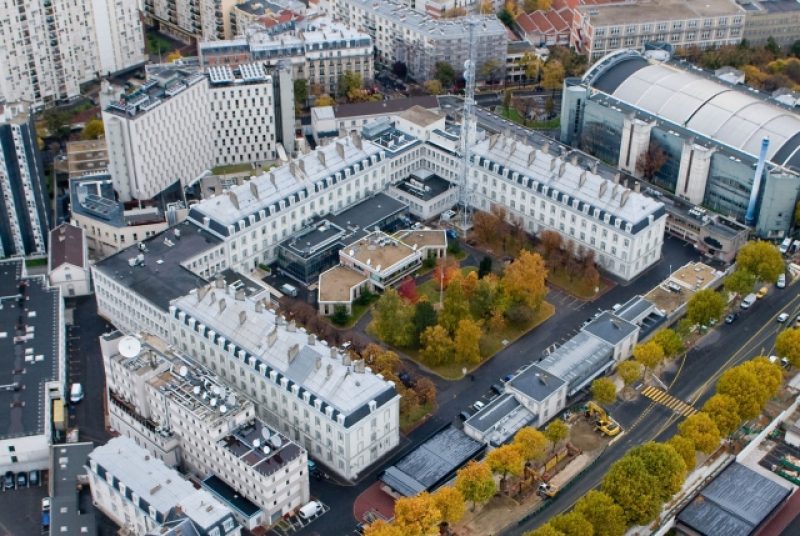At the end of October, the French Head of State François Hollande expressed ruffled indignation at the shock revelations that the Americans had been listening in on the telephone calls of countless millions of French.
He stated that “trust has to be restored and reinforced” between France and the USA, referring to the revelatory documents that were published by Le Monde and which had been supplied by American whistle-blower Edward Snowden.
The shocking revelations and the French president’s reaction told a story of blatant abuse of trust by the expansionist Americans but there’s been a twist to that story:
Newly-released documents, supplied to Le Monde again by the former consultant at the NSA (National Security Agency) Edward Snowden reveal another quite different reality – that of the tightly-forged links between the French secret service (Direction Générale des Services Extérieur or DGSE), the NSA and its UK equivalent the GCHQ.
These new elements to the story illustrate how to what extent the DGSE, GCHQ and NSA worked together in the name of fighting international terrorism. The level of regular cooperation involved lots of exchange of technical and human information, including the exporting by the DGSE of large stocks of data on French nationals.
These internal documents of the NSA or the GCHQ attests to the fact that the decisions necessary for the creation of this vast common pool of private and public French data were taken, for the most part, at the level of the directors of the secret services of these countries. It poses a lot of questions with regard to the respect of privacy protection laws and how these agencies could bypass them in the stated interested of international security.
Charting detailed exchanges and reciprocal visits between the spying agencies of the three countries since 2006 (when, according to one leaked NSA document, the relationship between the NSA and the DGSE had “entered into a new dimension”), the documentation offers a fascinating and disturbing insight into the world of international espionage carried out by agents of sovereign states upon their respective citizens.
The NSA taps the French for information on potential terrorism in sub-Saharan Africa, for example – information which is duly supplied. A delegation of French spies goes to America to deliver a “very detailed” presentation to their NSA counterparts on the Hezbollah in Lebanon and the AQMI in North Africa.
Later, an internal GCHQ document (also published by the Guardian) speaks of the DGSE being “an extremely motivated and technically competent partner which has demonstrated a strong wish to invest its resources into Internet protocols and to working with the GCHQ on the bases of cooperation and exchange.”
By March 2009, according to the Snowden documents, the British are welcoming their French counterparts to London to tackle the project of large-scale Internet surveillance; described as the “greatest challenge to the GCHQ” is the pursuit of widespread interception of private communication by cracking the encryption systems of private service providers. These ground-breaking, code-hacking meetings are described as “very friendly” and the French spooks are described by the British spooks as being “very inclined” to share their knowledge on the subject.




 Tootlafrance is Ireland’s fresh new eyes on France, bringing you the latest news, exclusive celebrity interviews, political analysis, cultural events, property news and, of course, travel features written by top Irish journalists.
Tootlafrance is Ireland’s fresh new eyes on France, bringing you the latest news, exclusive celebrity interviews, political analysis, cultural events, property news and, of course, travel features written by top Irish journalists.